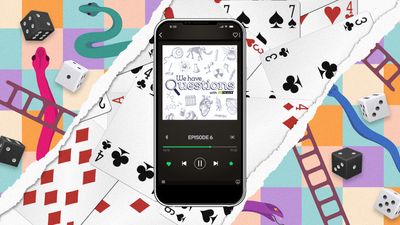Stick two humans in an enclosed space with nothing to do, and before long, someone is likely to suggest a game of I Spy. Kids are so hot for smartphone games that it inspired its own meme format, and while certain generations might like to tell you this compulsion is a new thing – the fact is, humans have been playing games for thousands of years.
It’s believed that gaming actually predates language, begging the question: why do humans play games? We spoke to Kelly Clancy, a neuroscientist and author of Playing With Reality: How Games Shape Our World, to find out.
You can listen to this episode and subscribe to the podcast on all your favorite podcast apps: Apple Podcasts, Spotify, Podbean, Amazon Music, and more.




